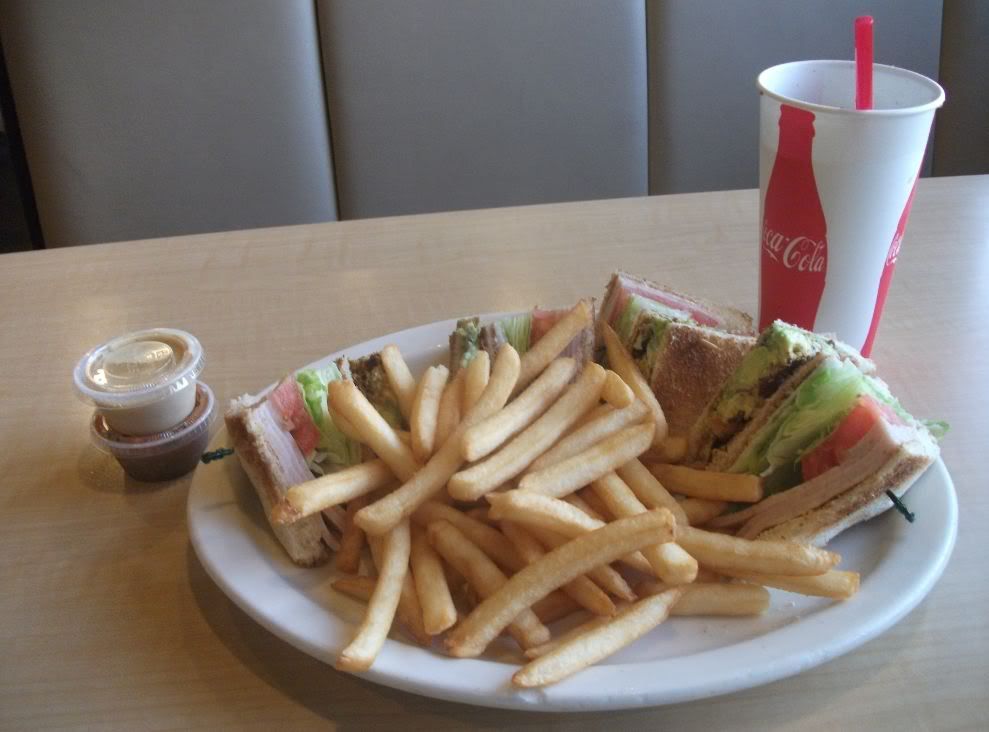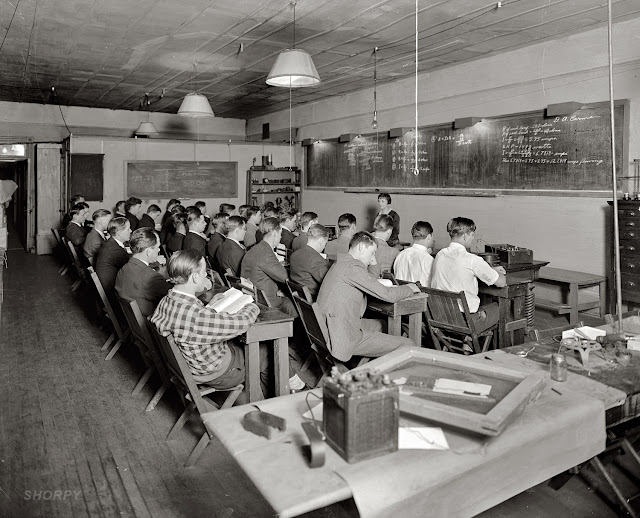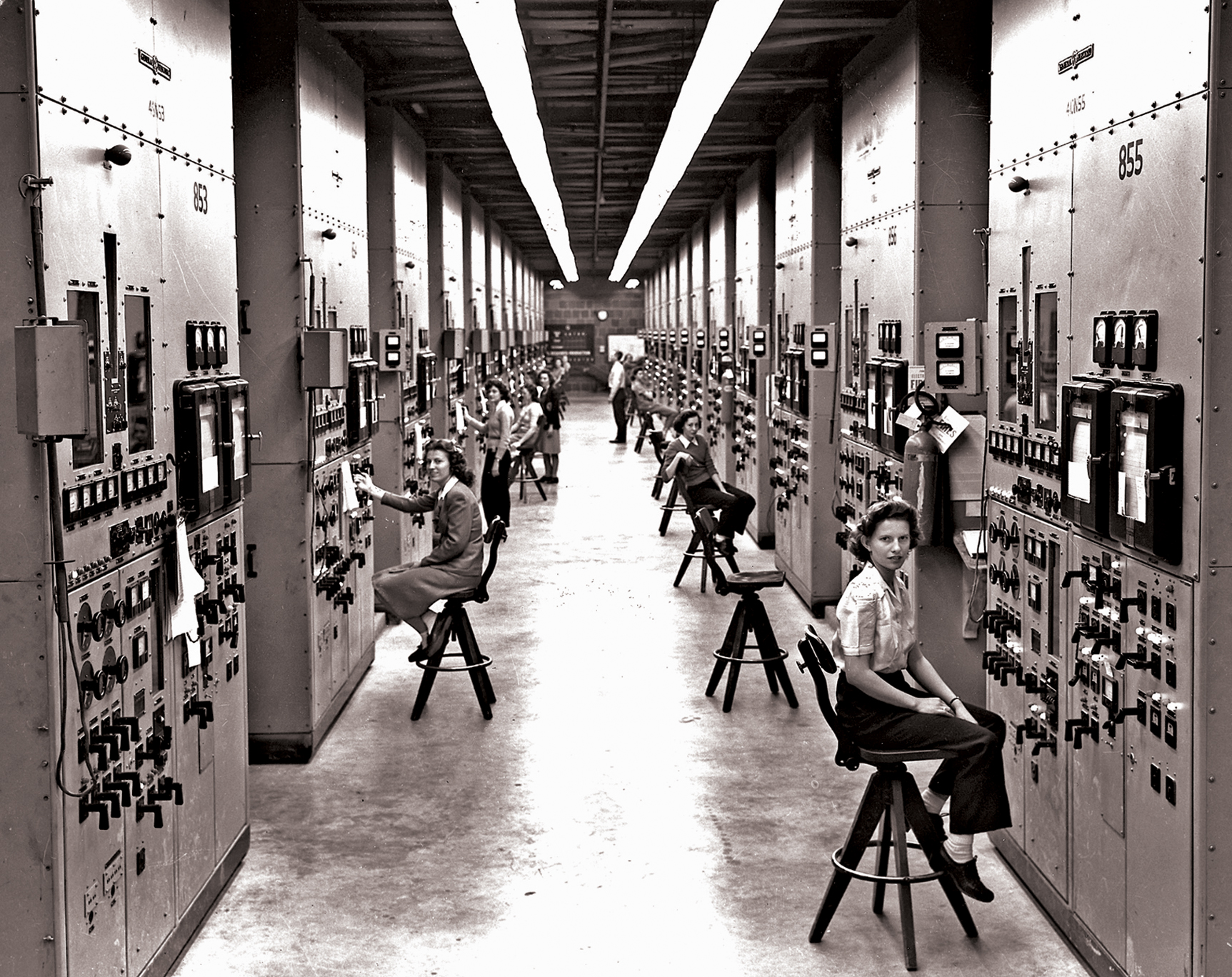LizzieMaine
Bartender
- Messages
- 34,137
- Location
- Where The Tourists Meet The Sea
Even if you got to McDonald's, a big mac meal is going to cost you almost $8.
Doug
On the occasions I go to McDonalds I get one of those McDouble things and a small french fry -- $2.21 with tax. As much meat as a Big Mac and a lot cheaper.











